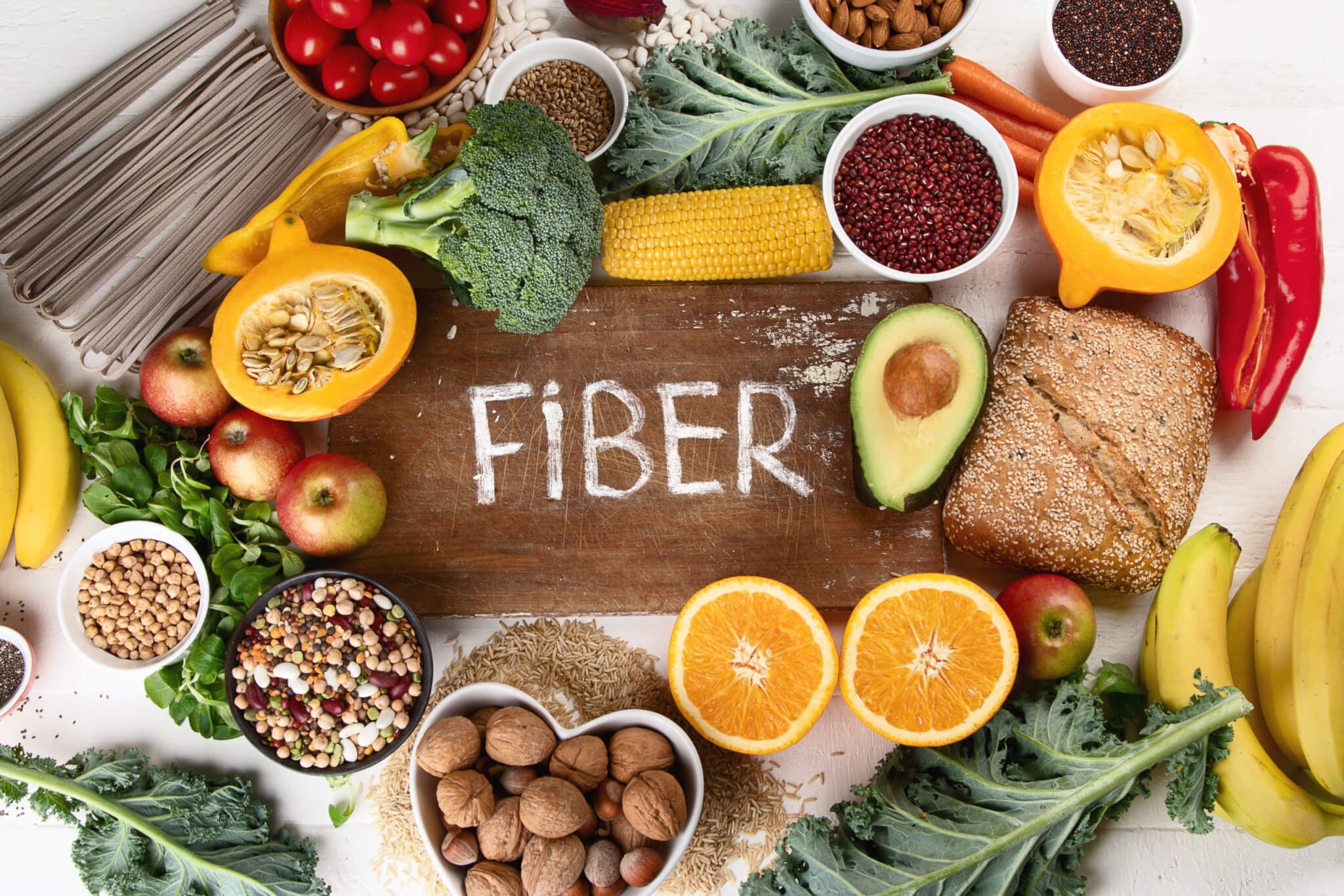New Year’s Eve always seems like the perfect time to make a resolution to lose 10 pounds or finally start hitting the gym more. Many people start fad diets and completely new routines that they don’t even stick with into February! Using the new year to start building healthier habits is one thing, but doing so sustainably is another.
Most people tend to fall off their resolutions because they try to do everything suddenly and make drastic changes to their routine, rather than taking the time to create smaller changes that yield long-lasting results. As a dietitian, I often see where people get things wrong with their New Year’s resolution strategies and attempts to get healthy. Here are some of the best resolutions to make for January 2024 so that you can carry them into December and beyond.
1. Stop focusing on the lowest-calorie foods
Low-calorie foods are not the same thing as healthy and nutritious foods. Unfortunately, since creating a calorie deficit tends to lead to weight loss, diet culture associates low-calorie foods with better health.
While some foods like various fruits and vegetables can be low-calorie and also provide ample nutrients, not every low-calorie food does the same. Those 100-calorie snack packs, 300-calorie ice cream pints, and drinks like Diet Coke (zero calories) can all promote weight loss because they are low in calories. However, they provide little to no nutritional value.
Higher-calorie foods like avocados, nuts, and seeds are great sources of fiber and a variety of micronutrients. They can also still be conducive to weight loss if that’s a goal of yours. People too often fall off the wagon of wanting to lose weight because they restrict food to an unsustainable point. Then one day, they break away from everything and are back to square one. It’s okay to make low-calorie swaps for some things, but it shouldn’t get to the point of compromising the quality and versatility of nutrition you get.

2. Get more sleep
Sleep is your body’s time to recover. It is important for maintaining consistent energy levels throughout the day and supporting a healthy immune system. Getting good sleep helps to support the efforts that you make when you’re awake, especially regarding weight loss.
Understandably, saying “just get more sleep” is a lot easier said than done. Life happens, and it isn’t always easy or feasible to get seven to eight hours of quality sleep. However, it is important to prioritize sleep when you can. If you find that scrolling on your phone or watching too much TV is standing in the way between you and a good night’s rest, it may be time to reevaluate your nightly routine.

3. Eat more fiber
This one may seem a little random, but close to 95 percent of Americans don’t eat enough fiber. Here’s some quick statistics:
- By 2050, it’s projected that the number of people with diabetes will increase by over two times.
- About 86 million US adults have high cholesterol (ages 20 and over).
- In recent years, there has been a disturbing upward trend in colorectal cancer rates in people under the age of 50. In 2021, the United States Preventive Services Task Force (USPSTF) guidelines made a shift from recommending colon cancer screenings at age 50 to recommending them at age 45.
You might be wondering what this all has to do with fiber intake. Fiber helps to keep you full and manage blood sugar better — reducing diabetes risk. Most people would find that their health goals are much more achievable if they ate the recommended 25 to 35 grams of daily fiber. Fruits, vegetables, and whole grains are some of the best sources of fiber.

Whether you want to lose some stubborn weight, or just eat healthier for your overall well-being, it’s important to have sustainable and realistic goals in mind. People tend not to be able to stick to their goals come February because they set unrealistic expectations and don’t focus on actually changing their lifestyle habits.
Health is not a quick fix, and eating the lowest calorie foods or pushing yourself beyond your limits all the time can quickly turn into a formula to crash and burn. Focus on eating a variety of whole foods instead of solely focusing on calories, prioritizing sleep, and eating more fruits, vegetables, and whole grains to make your body feel its best. If you want to lose weight in 2024, the best way to start is with habits like these, which come from a positive mindset that can last long into the new year.
You might also be interested in:
- New Year, No Resolutions: 55% Ditching Tradition of Making 2024 Goals
- ‘Crowning glory’ of studies discovers how to lose weight and keep it off
- Winter better for weight loss? Study links changing seasons and eating habits

